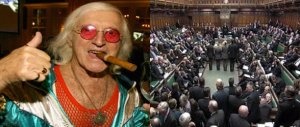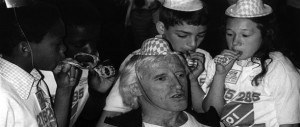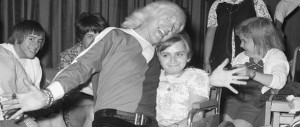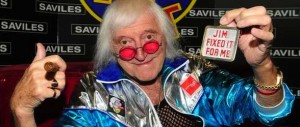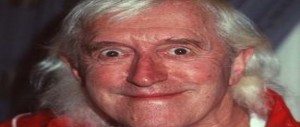BBC AND THE CATHOLIC CHURCH
 This is the twelfth and last installment of Bill Donohue’s report on the BBC sexual abuse scandal and its implications for the New York Times:
This is the twelfth and last installment of Bill Donohue’s report on the BBC sexual abuse scandal and its implications for the New York Times:
New York Times op-ed page columnist Joe Nocera has asked some tough questions about Mark Thompson’s knowledge of the Jimmy Savile matter [click here]; Thompson, who will head the Times Company on Monday, was running the BBC when a report exposing BBC child rapist Jimmy Savile was spiked late last year. Concerning the question of whether Thompson ever heard about rumors of Savile’s predatory behavior, Nocera cuts him a break, saying that “given the byzantine nature of the BBC bureaucracy, these are plausible denials.”
Nocera’s position is not without merit. The only reason I mention this is because of the double standard held by some of the harshest critics of the Catholic Church: they say that Pope John Paul II must have known about predatory priests in the employ of the Holy See, and that Pope Benedict XVI (Cardinal Ratzinger under John Paul), must also have known. Yes, of course they knew there was a problem, but just how big it was, and exactly who was involved is another matter altogether.
Thompson defends himself, in part, by saying that the enormous size of the BBC—23,000 employees, eight TV channels, 50 radio stations—made it impossible for him to know details that were known to others. Again, this position is not without merit. But the BBC is tiny next to the Catholic Church.
The pope governs an institution with over 1 billion members residing in every part of the globe. Besides the Roman Curia and the College of Cardinals, those who work for the pope include: more than 5,000 bishops; 400,000 priests; almost 40,000 permanent deacons; 55,000 non-ordained male religious; over 700,000 female religious; and over 100,000 seminarians. They work in over 3,000 dioceses serving some 220,000 parishes throughout the world.
If Thompson is to be cut some slack, wouldn’t justice demand that the pope be treated at least as generously? It should now be clear why I wrote these 12 reports.

